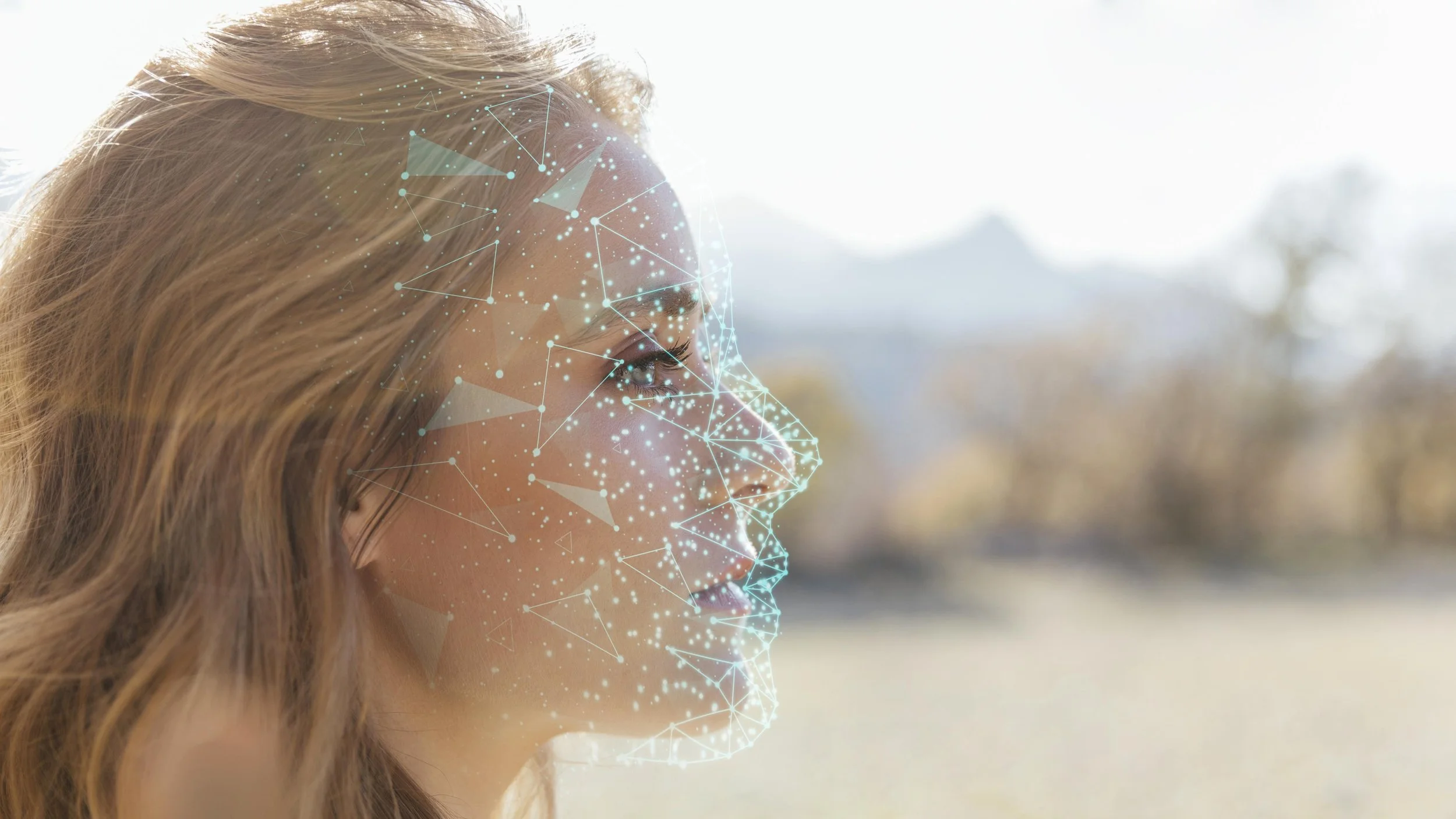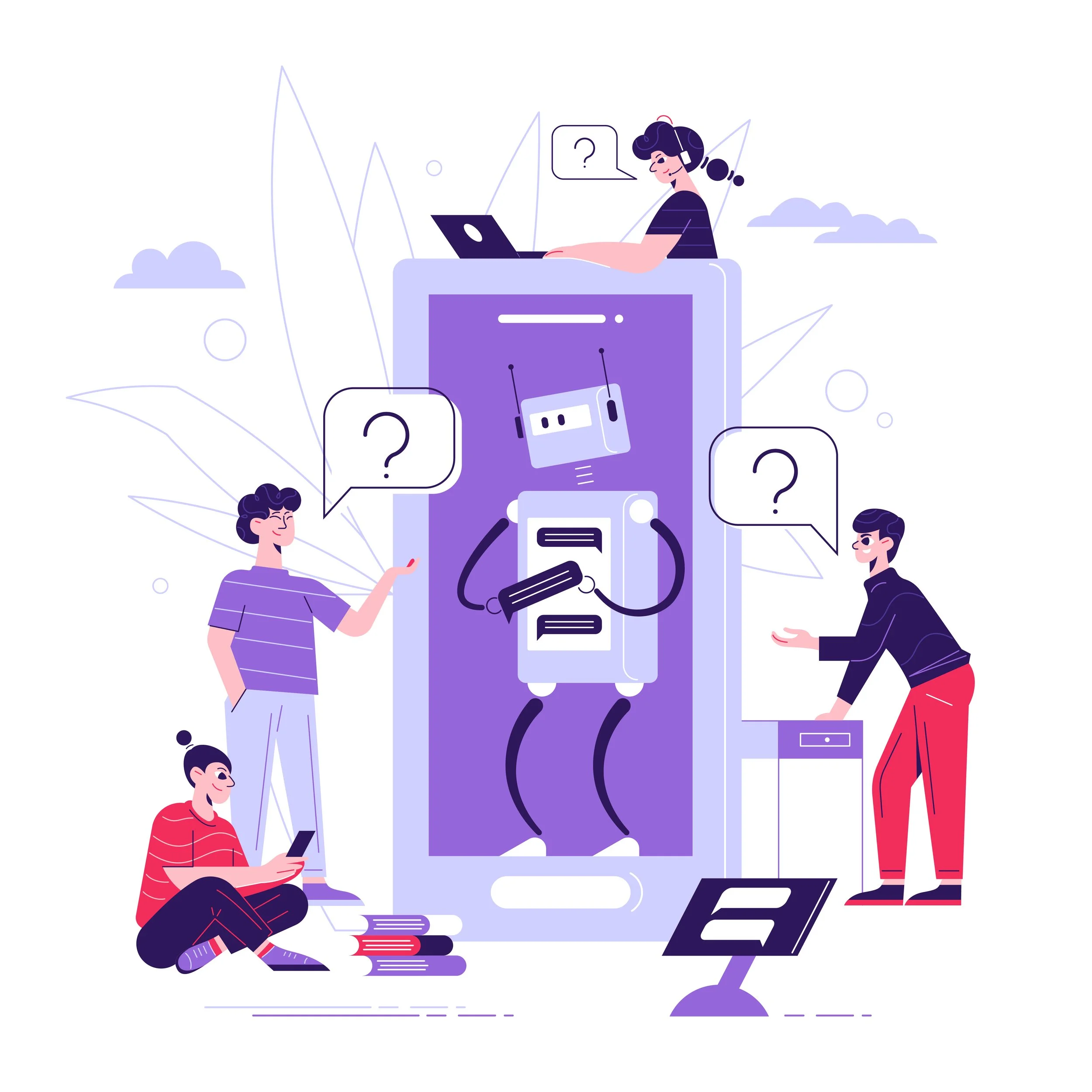How Artificial Intelligence is revolutionizing the beauty industry?
AI is revolutionizing the beauty industry by enhancing product development, personalizing customer experiences, and streamlining operations.
In the realm of research and development (R&D), artificial intelligence (AI) is transforming traditional processes by enabling more data-driven, efficient, and innovative approaches. AI algorithms have the ability to analyze vast and complex datasets at speeds and accuracies far beyond human capability. This allows organizations to uncover hidden patterns, detect emerging market trends, and forecast future developments with a high degree of precision. For instance, AI can identify shifts in consumer behavior, preferences, and unmet needs by processing data from social media, customer feedback, purchasing patterns, and other sources in real time.
Moreover, AI-driven predictive analytics can help companies anticipate what products or features are likely to resonate with specific target audiences, thus reducing the guesswork involved in new product development. By using machine learning models, companies can simulate various formulations, materials, or design configurations to predict performance, stability, and appeal before physical prototypes are even created. This significantly accelerates the innovation cycle, minimizes costly trial-and-error experimentation, and reduces time-to-market.
In addition to trend analysis and prediction, AI can assist in the actual formulation of new products by optimizing ingredient combinations, suggesting novel components, or even generating entirely new concepts based on desired characteristics. This is particularly impactful in industries such as pharmaceuticals, cosmetics, food and beverage, and materials science, where precise formulation is crucial. Furthermore, AI can aid in regulatory compliance by automatically checking new product concepts against legal requirements and industry standards, thus ensuring that innovation is not only fast but also safe and compliant.
Overall, the integration of AI into R&D processes empowers companies to innovate more effectively, align their offerings with consumer demand, and maintain a competitive edge in rapidly evolving markets. By harnessing the full potential of AI technologies, businesses can bring more relevant, high-quality, and personalized products to market at a pace that was previously unattainable.
@freepik
How AI benefits consumers in personalized beauty and retail experiences?
For consumers, artificial intelligence is revolutionizing the way they interact with beauty and personal care products by delivering highly personalized, engaging, and convenient experiences. One of the most impactful applications of AI lies in personalized recommendations. By analyzing a vast array of data—including a user’s purchase history, browsing behavior, product reviews, and even real-time input like selfies or questionnaire responses—AI-powered platforms can generate highly customized suggestions that cater to individual preferences and needs. These systems take into account factors such as skin type, skin tone, age, climate, and specific concerns like acne, dryness, sensitivity, or signs of aging, to curate personalized skincare routines and recommend products with the most suitable formulations and ingredients.
Furthermore, AI continues to enhance the shopping experience through innovative virtual try-on technologies, especially when combined with augmented reality (AR). These tools allow users to visualize how makeup products—such as foundation, lipstick, eyeshadow, or even hair color—will look on their own face in real time, using just a smartphone or computer camera. The underlying AI technology accurately maps facial features, adjusts for lighting conditions, and matches tones to ensure realistic and precise simulations. This not only boosts consumer confidence when making online purchases but also minimizes the likelihood of returns due to dissatisfaction, leading to greater customer satisfaction and loyalty.
In addition to beauty, AI-driven personalization is expanding into other areas of consumer lifestyle, such as fashion, wellness, and health. For example, smart beauty apps now offer real-time skin analysis and progress tracking, providing users with actionable insights and recommendations that evolve over time based on their unique skin journey. Some platforms also integrate AI-powered chatbots or virtual consultants that provide expert advice 24/7, helping consumers make informed decisions without needing to visit a store or consult a professional in person.
AI empowers consumers with a more intuitive, immersive, and tailored approach to self-care and personal expression. By combining deep data analysis with interactive technologies like AR, brands are creating more meaningful and satisfying experiences that not only meet individual needs but also foster deeper engagement and trust with their customers. As this technology continues to evolve, consumers can expect even more intelligent, inclusive, and seamless solutions that enhance how they discover, choose, and enjoy products in the digital age.
How AI Chatbots and Smart Supply Chains Are Transforming the Beauty Industry
In today’s fast-paced, digital-first world, beauty brands are turning to artificial intelligence (AI) to enhance both customer experience and behind-the-scenes operations. One of the most visible ways this is happening is through AI-powered chatbots, which are redefining how customers interact with brands online.
These intelligent virtual assistants are available 24/7, offering instant support for everything from answering product questions and tracking orders to resolving issues in real time. But they’re more than just automated customer service tools. AI chatbots can also provide personalized advice by analyzing customer data—such as skin type, past purchases, and personal preferences—to recommend the most suitable products or routines. The result? A smoother, more engaging shopping experience that feels tailored to each individual, without the need to wait for a live agent.
But the power of AI doesn’t stop at customer support. Behind the scenes, it’s helping beauty brands optimize their supply chains and manage inventory more efficiently. With countless product variations and ever-changing consumer trends, staying stocked on what customers want—without overloading on what they don’t—can be tricky. That’s where AI comes in.
By analyzing past sales, seasonal demand, current market trends, and real-time data, AI tools can forecast inventory needs with impressive accuracy. This helps prevent stockouts of popular products and cuts down on excess inventory that ties up resources. AI also streamlines logistics by optimizing shipping routes, anticipating delays, and even automating parts of warehouse management, ensuring faster and more reliable deliveries.
“AI is going to reshape every industry and every job”
When AI chatbots and supply chain analytics work hand-in-hand, beauty brands can create a smart, connected system. Customer behavior and feedback fuel better inventory planning, while efficient operations lead to a more satisfying customer experience. In short, AI is helping beauty companies stay agile, responsive, and ahead of the curve in a rapidly evolving market.
Overall, the beauty industry is embracing AI, but with a discerning eye. The goal is to harness its power to enhance our beauty journeys, making them more intelligent, personalized, and ultimately, more beautifu.
Here's how people feel about AI in the beauty industry—split into real-world feedback and broader sentiment-backed data:
From Vogue Business Survey (March 2025):
Growing curiosity—but with caution. AI is welcomed behind the scenes for personalized skincare and routine recommendations, but many consumers push back at digital beauty tools that feel too artificial. In fact:
43% of those under 35, and 30% of those over 35 are strongly against AR-style digital enhancements (like filters or overly flawless virtual try-ons).Vogue Business
Concerns about unrealistic beauty ideals are prevalent across age groups. As one respondent feared:
“I think AI models will make women want more surgery and fillers.”Vogue Business
Personal Reflections from Media:
One woman writing for The Scottish Sun shared her experience with an AI chatbot offering beauty advice. Although she enjoyed the flattering feedback, she ultimately rejected the idea of “algorithmic makeover” and encouraged embracing natural beauty.The Scottish Sun
A Washington Post story noted that many users ask ChatGPT for honest beauty assessments—some even spending significant money following its advice. While many appreciate the perceived objectivity (“a refreshing alternative to human judgments”), experts warn AI can mirror societal biases, potentially propagating unrealistic norms.The Washington Post
What the Data Says: Broad Consumer Trends
70–75% of consumers prefer personalized beauty recommendations powered by AI, reflecting strong interest in tailored solutions.WorldmetricsWifiTalentsZipDo
45–56% of shoppers are open to using AI-based tools for skin analysis or virtual try-ons.WorldmetricsSEO SandwitchWifiTalents
Satisfaction is high—75% report positive experiences with virtual try-ons.WifiTalents
AI tools enhance engagement and conversions significantly:
Conversion rates can rise by 30–50%, and customer loyalty improves by 20–37%.WorldmetricsSEO SandwitchZipDoWifiTalents
But trust hinges on transparency and data protection:
85% of users care about how their data is secured.
81% want clarity on how recommendations are generated.CosmeticsDesign-Europe.com
AI in beauty isn’t about replacing humans—it’s about helping you make smarter, more personalized choices. It’s a tool designed to support your journey, not control it. Whether you're exploring a new skincare routine, trying to find the perfect foundation match, or simply curious about what might work best for your unique features, AI offers a way to simplify the process and make it more tailored to you.
Far from pushing perfection, AI has the potential to redefine beauty standards by emphasizing what’s real, personal, and attainable. Tools like virtual try-ons and real-time skin analysis give users the confidence to experiment, explore, and express themselves—all without pressure or judgment. For people who may have limited access to professional advice, AI also makes expert-level insights more accessible and affordable, helping to democratize beauty knowledge across different communities.
In the end, AI in beauty isn’t about perfection—it’s about opening the door to more possibility, creativity, and confidence. It’s here to help you feel more in control of your routine, more connected to your identity, and more empowered to define beauty on your own terms.



